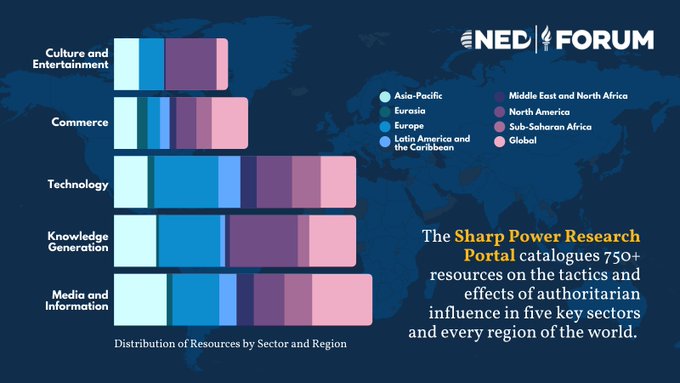Three decades after gaining its independence from the USSR, Lithuania is again on the front lines of tension between the liberal democratic world and communist authoritarianism. This time, it’s grappling with the People’s Republic of China and faces intimidation using innovative economic statecraft rather than Soviet military force, notes analyst Fergus Hunter.
In the US, there is a bipartisan congressional effort to establish a ‘countering economic coercion task force’ to explore how to better work with allies to respond to coercive measures and impose costs on aggressors, he writes for The Strategist:
While there’s a growing body of literature on this geoeconomic issue from experts in the US, Europe and Australia, there remains a need to substantively advance the global discussion with comprehensive analysis of the concept, intent, methods and impact of coercive diplomacy and the available policy responses. To that end, ASPI has launched a major project on the issue, building on a 2020 report that documented the growing use of coercive tactics.
 The Baltic state prompted a fierce response from Beijing last July, including harsh economic sanctions, when it allowed Taiwan to open a diplomatic outpost in Vilnius – a dramatic manifestation of what the National Endowment for Democracy (NED) calls China’s sharp power.
The Baltic state prompted a fierce response from Beijing last July, including harsh economic sanctions, when it allowed Taiwan to open a diplomatic outpost in Vilnius – a dramatic manifestation of what the National Endowment for Democracy (NED) calls China’s sharp power.
Lithuania has developed growing sympathy for Taiwan and its efforts to resist being pulled into the orbit of another authoritarian state, China, Richard Milne and Kathrin Hille write for The Financial Times:
The stakes are particularly high for the EU. It is the first time China has unleashed the full power of its economic coercion toolkit against an EU country, testing the bloc’s ability to prioritise its joint strategic interest over individual countries’ or companies’ short-term gains. …..Foreign minister Gabrielius Landsbergis … presents the move as part of Lithuania’s values-based foreign policy, which aims to support democracy and freedom around the world. Lithuania, which only regained independence in 1990 after almost half a century of annexation by the Soviet Union, sets stock in standing up to authoritarian states, adding China to a list that includes neighbouring Russia and Belarus as well.
“It is a test for how far China will go with its punishments, how far Taiwan will go in trying to make up for the economic damage, how far the EU will go in standing together, how far the US will go in shielding Lithuania from the fallout,” says Jakub Jakobowski, a senior fellow with the China programme at the Eastern Studies Centre (OSW) in Warsaw.
Lithuania is on the front lines of tension between the liberal democratic world & communist authoritarianism, notes @ASPI_org‘s @fergushunter https://t.co/OT53VGafpK via @aspi_org
— Democracy Digest (@demdigest) February 14, 2022







